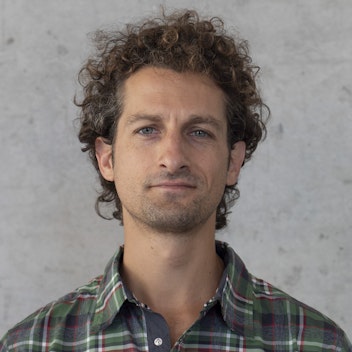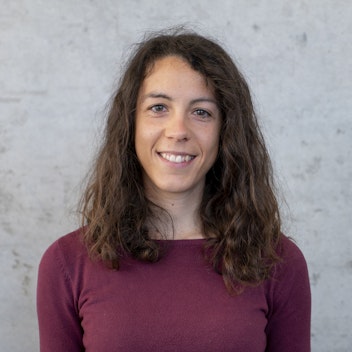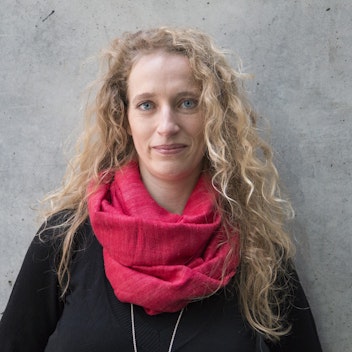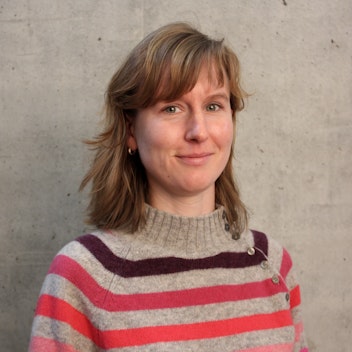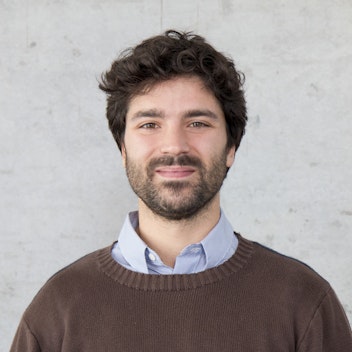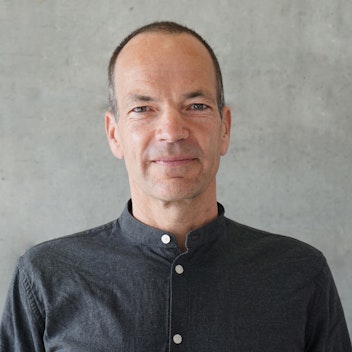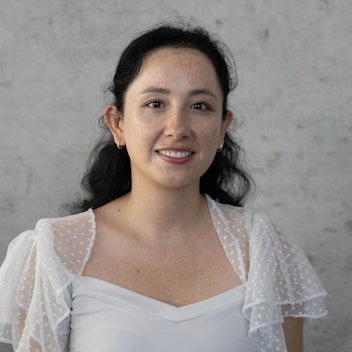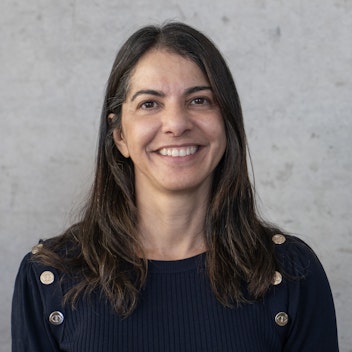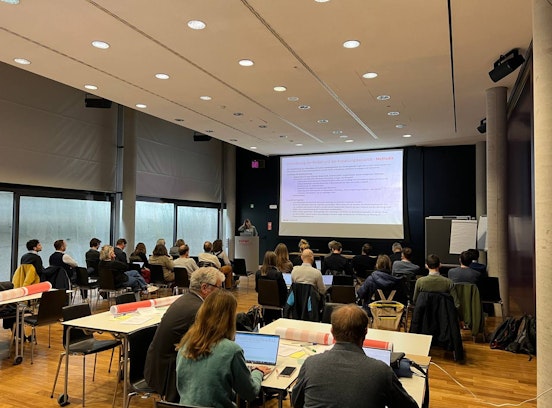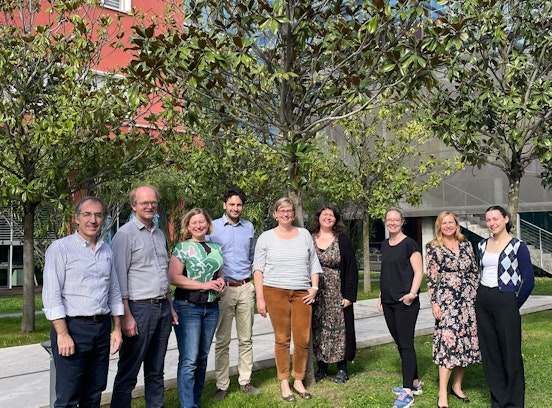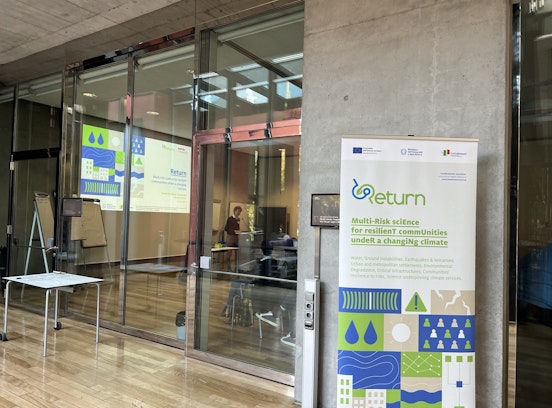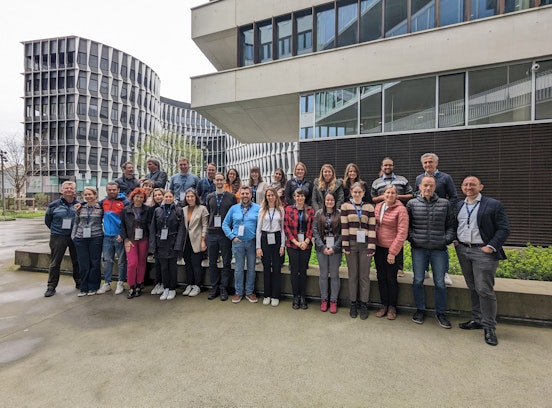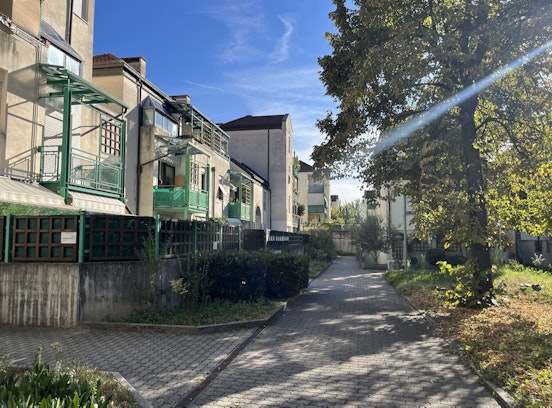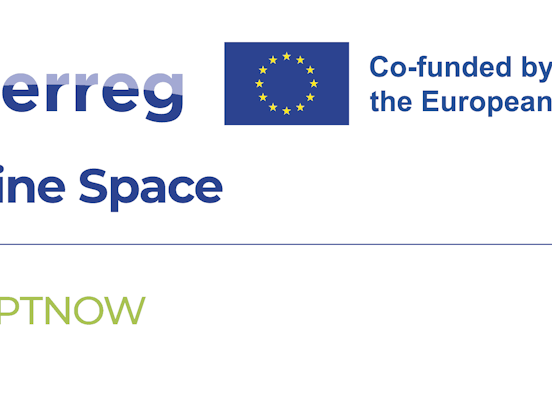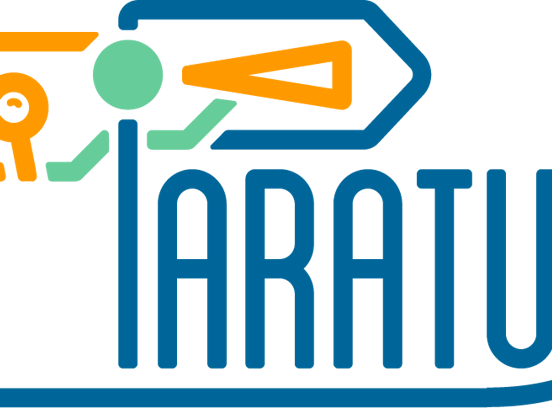Center for Climate Change and Transformation - Climate and Disaster Risk
Climate and Disaster Risk
- Deutsch
- English
- Italiano
The Climate and Disaster Risk (CDR) research group pursues the understanding and modeling of impacts and risks, including Climate Change, related to Natural Hazards in mountainous regions under changing conditions at different spatial and temporal scales, with a transdisciplinary, integrated approach. Given the complexity of this challenge, the CDR Research Group comprises researchers with expertise ranging from physics, data science and geospatial processing to environmental management and planning, human, political and social sciences. The activities are organized along four main research lines: climate services, natural hazards, risk assessment and risk governance.
Photo: Adobe Stock/mbruxelle | All rights reserved
Climate and Weather
The research line aims at improving the understanding of weather and climate variability and climate change and the assessment of interactions between climate, including extremes, and hazards, especially in mountain areas. Statistical methods and processing chains are developed to derive timely climate analyses and projections based multiple data sources (models, in-situ observations, remote sensing) and covering multiple temporal and spatial scales. Data and analyses are intended to support hazard modelling, risk assessment and climate change adaptation.
Contact person: Alice Crespi
Photo: Eurac Research
Natural Hazards
This research line aims at advancing the detection, understanding, and prediction of various natural hazards at multiple temporal and spatial scales, with a specific focus on mass movement phenomena and data-driven modelling techniques. Emphasis is placed on enhancing the comprehension and modelling of the complex relationship between various mass movement drivers (e.g., extreme weather, antecedent conditions, seasonality, environmental predisposition) and how they evolve over time and space under climate change.
Contact person: Massimiliano Pittore
Photo: Eurac Research
Risk Assessment
This branch of research aims at improving (climate) risk assessment and risk analysis as a basis for adaptation and prevention, efficiently harmonizing Disaster Risk Reduction and Climate Change Adaptation and developing robust interdisciplinary risk assessment methodologies and tools to provide information and evaluate the potential impacts of climate change and natural hazards, In particular The Risk Assessment research line also aims at integrating the outcomes of the other three research lines to achieve a balanced integration of quantitative and qualitative approaches in a transdisciplinary framework.
Contact persons: Massimiliano Pittore, Kathrin Renner, Marc Zebisch
Photo: Eurac Research
Risk Governance
The risk governance research line aims at understanding and analyzing multifaceted aspects of the governance of climate and disaster risk, both in theoretical and in applied terms with the goal of improving risk knowledge, risk management and climate change adaptation. In our work, we analyze community resilience and risk perception as well as risk communication with the aim of an inclusive and effective risk governance approach . In our projects, we use quantitative and qualitative social science methods such as surveys, interviews, workshops, participant observation, focused ethnography and policy analysis. This research line works closely with the research area “Transformation towards climate just societies”.
Contact person: Lydia Pedoth
Photo: stock.adobe.com | All rights reserved
Publication Climate and Disaster Risk group
The scientific publications of this research group are the following:

